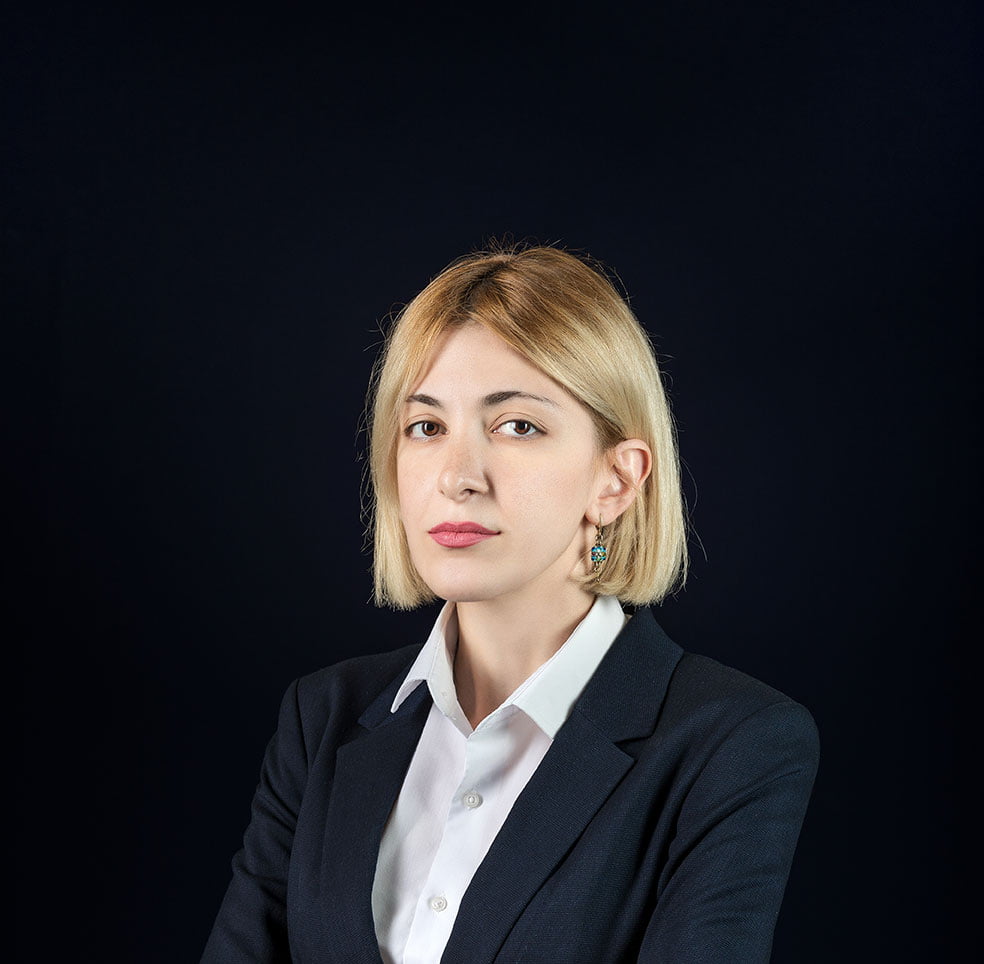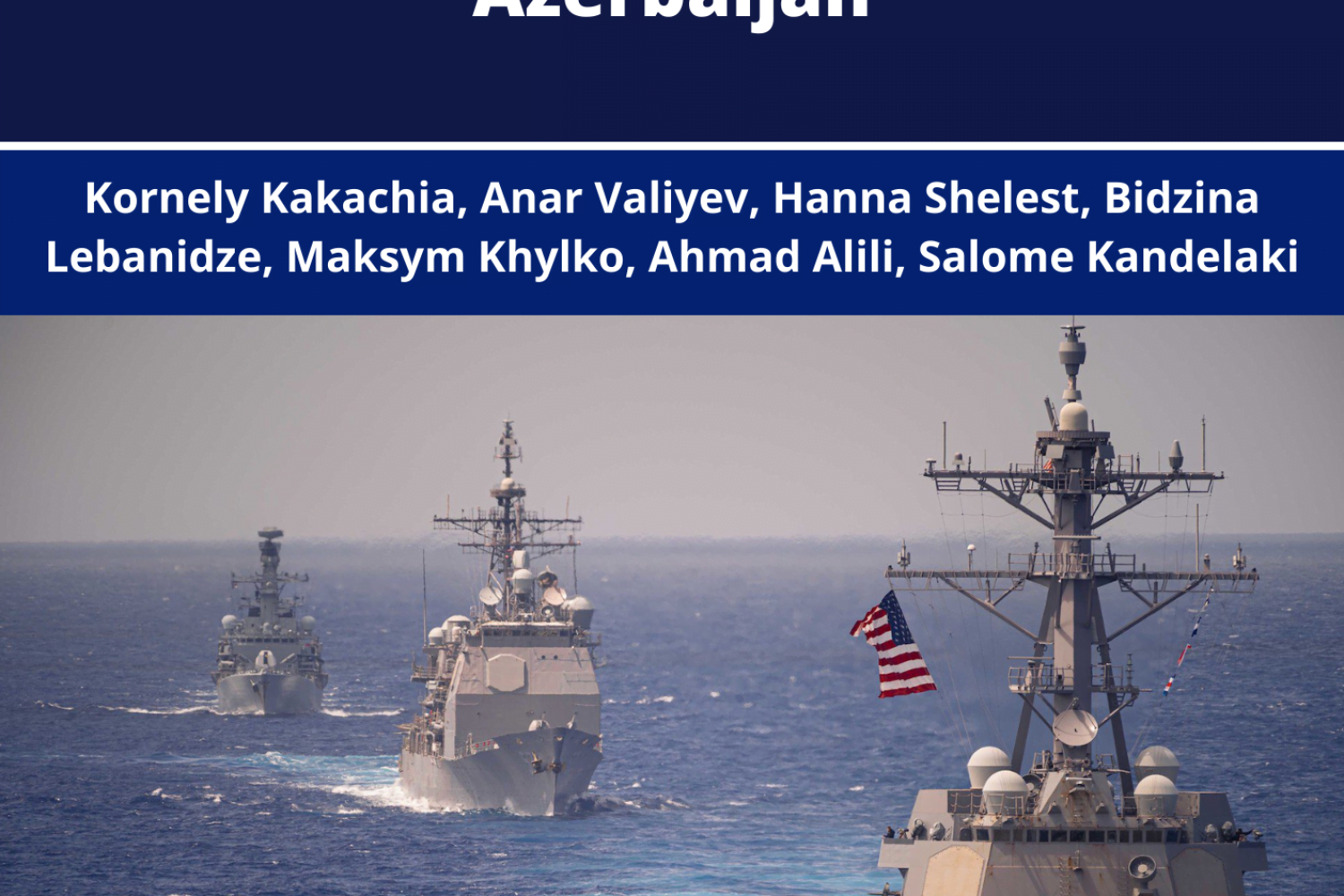2022-09-26 12:01:08
The policy paper is an outcome of collaborative research project about the Black Sea Security among scholars from Ukraine, Azerbaijan and Georgia. The paper depicts the views of local foreign policy communities in Ukraine, Azerbaijan, and Georgia about the future of the Black Sea region and a wider European security after the Russian invasion of Ukraine. The three countries build an important part of the political, economic and transit ecosystems of the Black Sea area and can play a key role in the future organization of the European security order. The results of the study, based on extensive expert survey and interviews, indicate some differences among three countries but also potential for more synergies and cooperation in the Black Sea Area. The foreign and security policy experts from Ukraine, Georgia and Azerbaijan seem to have identical perceptions about main regional risks, threats and opportunities and indicate unequivocal support for establishing peaceful and cooperative order in the Black Sea area. The differences, on the other hand, are mostly related to preferences for future alliances and foreign policy tactics. While Ukrainian and Georgian foreign policy communities seem to be firmly pro-Western and Russia-sceptic the expert community from Azerbaijan favors more balanced and less Western-centric foreign policy.
Keywords: Black Sea, Security, Ukraine, Azerbaijan, Georgia, NATO, EU, Russia






